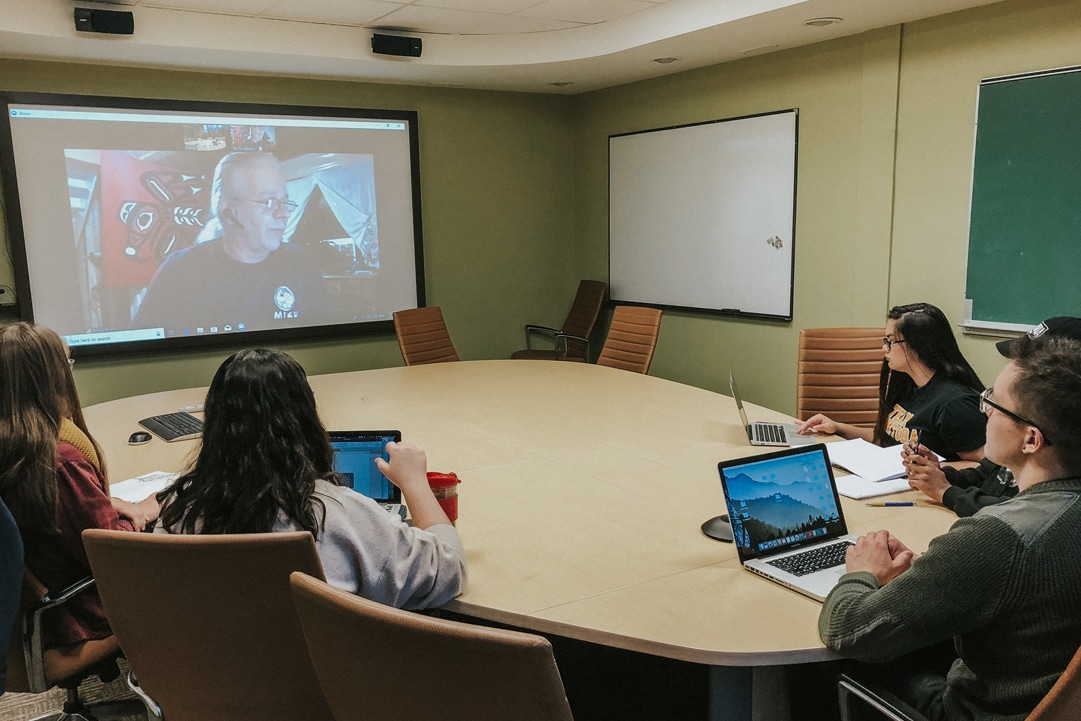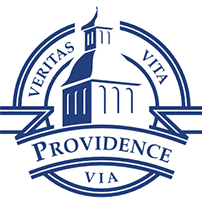Since early September, a group of Providence students has met each Tuesday evening to learn about the centrality of First Nations peoples and issues to historic and contemporary Canada. Connecting with them via videoconferencing platform Zoom has been Dr. Terry LeBlanc, the Director of NAIITS: An Indigenous Learning Community. Dr. LeBlanc, whose areas of academic specialization include theology, anthropology and community development, has been guiding the students through course 241.11: Introduction to Indigenous Studies.
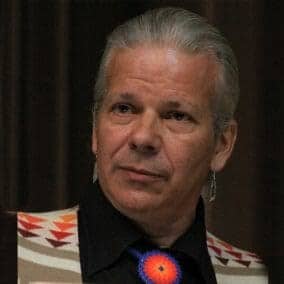 This course, as well as two that will follow next semester, and the numerous offerings that will come after that, is being delivered through a partnership between Providence and NAIITS that will bolster Indigenous Studies on the Otterburne campus in both the short and long terms. Students can already look forward to the Colonization & Decolonization modular offering in January, and Dr. LeBlanc will facilitate an Asset-Based Ministry course each Tuesday from January until April.
This course, as well as two that will follow next semester, and the numerous offerings that will come after that, is being delivered through a partnership between Providence and NAIITS that will bolster Indigenous Studies on the Otterburne campus in both the short and long terms. Students can already look forward to the Colonization & Decolonization modular offering in January, and Dr. LeBlanc will facilitate an Asset-Based Ministry course each Tuesday from January until April.
“Our hope for takeaways for students would be that they would have a more accurate picture of the issues that have, and, in many cases continue, to confront Indigenous peoples, as well as the historical contexts in which those issues arose,” explains Dr. LeBlanc, a Mi’kmaq-Acadian. “We hope that as they gain a fuller picture—a more realistic picture, and one that addresses stereotypes and misconceptions—they would be better equipped to engage in right relationship with Indigenous peoples wherever they might be.”
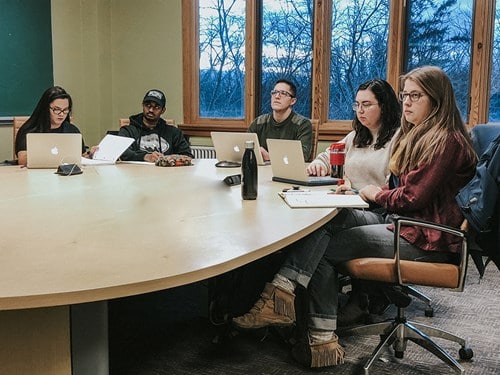 NAIITS, a Christian organization that affirms Creator-given social and cultural identity, is part of Indigenous Pathways, whose purpose is to provide practical support to Indigenous peoples, their families and communities.
NAIITS, a Christian organization that affirms Creator-given social and cultural identity, is part of Indigenous Pathways, whose purpose is to provide practical support to Indigenous peoples, their families and communities.
LeBlanc points out that the number-one target audience for the types of courses offered by the NAIITS-Providence partnership is Indigenous peoples of North America, although non-Indigenous peoples who are interested in a non-western approach to biblical, theological, missiological and community education are of course more than welcome to participate.
“The goal is to be effectively engaged in the wider Christian community, in our own Indigenous communities and in the broader society, and to do so with greater levels of confidence that we have something to contribute not just to our own people, but also to the wider Canadian context,” says LeBlanc.
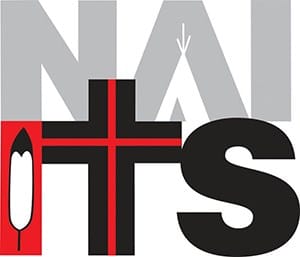 That engagement is currently manifesting itself in the Introduction to Indigenous Studies course, in which students are using Indigenous and non-Indigenous literature and research to explore Indigenous histories, worldviews, knowledge systems and spiritual practices and beliefs. They are also examining the practice and legacy of residential schools.
That engagement is currently manifesting itself in the Introduction to Indigenous Studies course, in which students are using Indigenous and non-Indigenous literature and research to explore Indigenous histories, worldviews, knowledge systems and spiritual practices and beliefs. They are also examining the practice and legacy of residential schools.
The Colonization & Decolonization module, which will take place January 7-11 on the Otterburne campus, will ask students to “decolonize” colonial approaches to the studies of First Nations and develop their own methodological approaches to decolonization. In Asset-Based Ministry, Dr. LeBlanc will suggest a shift in thinking about the frameworks in which ministry can and should happen, putting forward the notion of asset-based as opposed to deficit-based approaches.
“We desire to make people aware of the diversity that is the Indigenous community in Canada and elsewhere,” says Dr. LeBlanc. “Additionally, we would certainly hope that these courses would foster better awareness of the work that needs to be done to ‘love justice, do mercy, and walk humbly with God.’”

